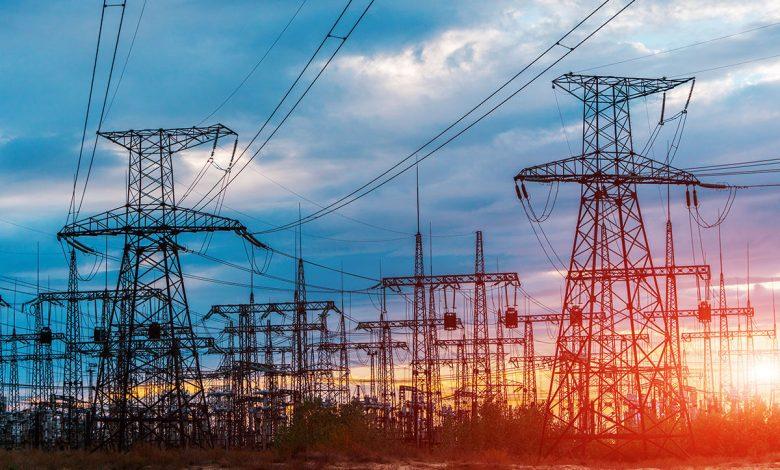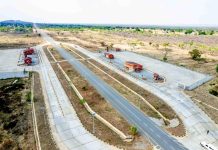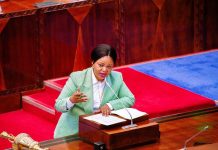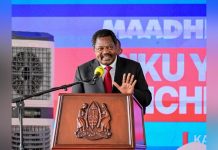Africa-Press – Tanzania. MEMBERS of Parliament have expressed satisfaction with the ongoing rural electrification programme and have urged the government to introduce a system that allows citizens to pay electricity connection fees in instalments.
While contributing to the government’s proposed spending plan for the 2025/26 financial year, a number of lawmakers stressed that a flexible payment system would enable more households to access electricity services.
Nanyumbu MP Yahaya Ali Mhata commended the government for connecting all 93 villages in his constituency through the rural electrification initiative.
However, he stressed the need for additional measures to ensure universal access by allowing residents to pay connection fees in instalments.
“Most villagers in Nanyumbu depend on agriculture as their primary livelihood. Paying the full connection fee at once is difficult for them. We should explore alternative payment methods,” he said.
He suggested that households be connected first and allowed to repay the fee gradually through electricity token purchases.
“We’ve already seen success in collecting property tax through token purchases. A similar system could be used to recover connection fees,” he added.
Mr Mhata noted that more villages have already been successfully connected to the national grid and urged the Ministry of Energy to ensure that a greater number of households benefit from the service.
He added that the implementation of such systems would significantly boost household connections across rural areas.
The MP urged the Tanzania Electric Supply Company (TANESCO) to prioritise power stability, particularly by addressing nighttime fluctuations.
“With the new leadership, I hope this issue will be resolved,” he added.
Mbulu Urban MP, Mr Zacharia Isaay supported his colleague’s call, emphasising that affordability is key and that citizens should be allowed to pay connection fees in instalments.
“The electricity connection fee should be reduced. Many people cannot access the service due to high upfront costs. There must be an arrangement for instalment payments,” he said.
On energy matters, MP Juliana Masaburi commended the government’s decision to reduce levies on the installation of Compressed Natural Gas (CNG) stations, describing it as a significant step toward promoting environmentally friendly energy sources.
“This move reflects the government’s commitment to improving lives and advancing the clean energy agenda,” she stated.
However, Ms Masaburi who represents the youth, expressed concern over the government’s plan to reduce the hotel levy by eight per cent.
She warned this could result in a revenue loss of about 9.7bn/- that could have been used to improve tourism infrastructure, including roads.
“This decision will burden the Ministry of Finance, which will need to find alternative revenue sources. It primarily benefits high-end hotels, those rated three stars and above while causing significant revenue losses for the country,” she cautioned.
She urged Ministry of Finance experts to reassess the proposal and consider better alternatives.
On his part, the Kilombero MP, Mr Nicholas Ngassa highlighted progress in the clean cooking campaign, noting an increase in the use of subsidised gas cylinders.
To ensure sustainability, he called on the government to establish more gas refilling stations nationwide to improve accessibility and affordability.
“The availability of more refilling stations will allow ordinary citizens to purchase gas in amounts they can afford, rather than having to buy fully refilled cylinders,” he explained.
On investment, Ngassa stressed the need for Tanzania to rebrand itself by eliminating bureaucratic hurdles faced by potential investors.
“We must cut unnecessary red tape. Rebranding the country and establishing onestop centres are key to attracting investors,” he concluded.
For More News And Analysis About Tanzania Follow Africa-Press







